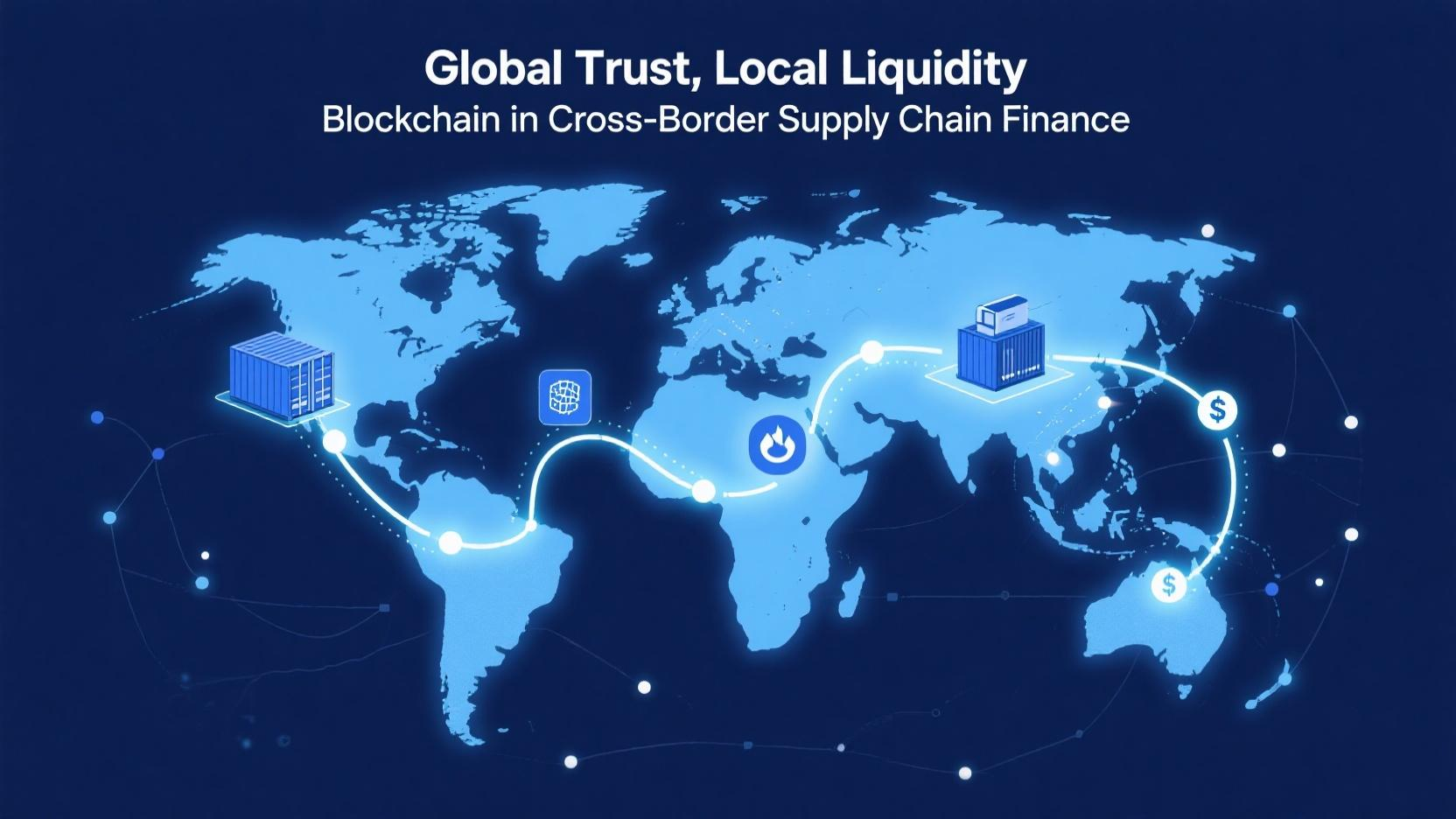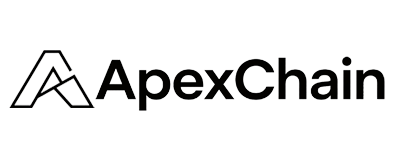Solving the Credibility Gap in International Trade with Distributed Ledger Technology
International trade is a complex web of customs paperwork, trust mismatches, and delayed payments. For exporters in Southeast Asia or Africa, waiting 60–90 days for payments from buyers in Europe or the U.S. is common — and capital-intensive.

Blockchain offers a new model: real-time verification, programmable trade finance, and digitally anchored trust across borders.
The Problem: Too Many Intermediaries, Not Enough Trust
In traditional models, financing across borders requires:
Letters of credit issued by trusted banks
Manual customs clearance
Reconciliation delays between buyer, supplier, and logistics firms
This not only slows cash flow but also limits financing options for smaller players.
Blockchain Enables Instant Verification and Financing
With distributed ledgers, platforms like Marco Polo, Contour, and newer initiatives like XDC Trade Network are offering:
Digital trade documents stored and timestamped on blockchain
Smart contracts that auto-release payments based on shipping milestones
Real-time credit scoring using on-chain trade histories
These systems allow buyers, sellers, and financiers to interact synchronously — even across jurisdictions and time zones.
Case Study: Electronics Trade Between Thailand and Germany
A Thai electronics manufacturer exported semiconductors to a German carmaker. Using a blockchain trade finance platform:
The buyer issued a digital letter of credit on-chain.
The shipment was tracked via an IoT-integrated logistics provider.
Once customs in Hamburg verified arrival, a smart contract triggered automatic payment in tokenized euros via a digital euro stablecoin.
The result? End-to-end processing time dropped from 18 days to 5, with no manual reconciliation needed.
“Blockchain didn’t just speed things up — it eliminated five layers of uncertainty,” said Lars Becker, the buyer’s head of procurement.
Challenges Ahead
Limited interoperability between national trade platforms

Need for globally accepted digital identities and document standards
Legal enforceability of smart contract-based instruments
Yet organizations like the ICC, World Trade Organization, and regional trade blocs are increasingly supporting blockchain pilots to digitize trust in trade flows.
Key Takeaway
Cross-border supply chain finance is being rewritten — not with more bureaucracy, but with immutable code. Blockchain transforms trade finance from a risk-based credit game into a data-driven trust protocol.
